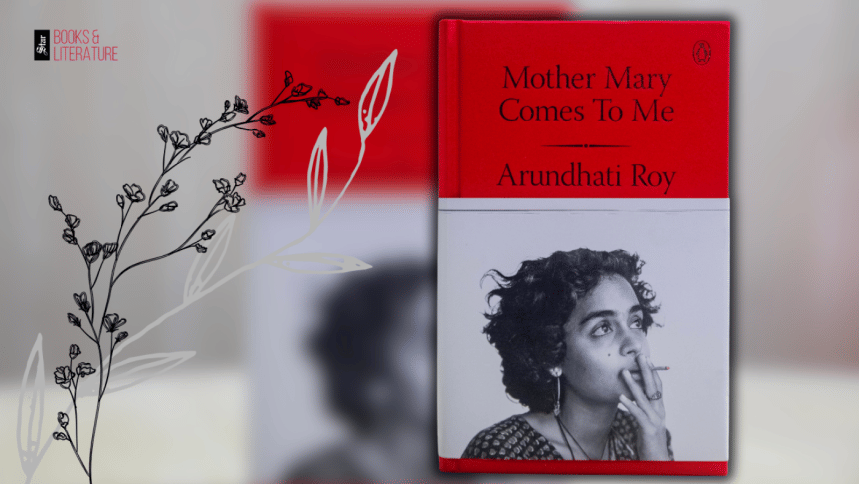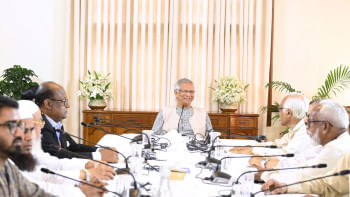Mother, memory, and defiance: Inside Arundhati Roy’s new memoir

Booker Prize–winning author Arundhati Roy has released her long-awaited memoir Mother Mary Comes to Me, published by Penguin Random House India. The book offers a deeply personal account of Roy's childhood and her complex relationship with her mother, Mary Roy, the pioneering educator and women's rights activist who fought and won the landmark case granting Syrian Christian women equal inheritance rights in Kerala. Mary Roy passed away in 2022 at the age of 89.
In her memoir, Roy traces the turbulence of her early years, marked by financial hardship, displacement, and her mother's uncompromising temperament. The narrative recalls her estranged father, her bond with her brother, and her later personal relationships, including her marriage to naturalist Pradeep Krishen. It also reflects on her journey from leaving home at 18 and working various jobs to becoming one of India's most celebrated literary figures after the success of her debut novel The God of Small Things (1997), which won the Booker Prize in the same year.
The memoir situates Roy's personal story alongside her public life as an outspoken critic of state power, globalisation, and inequality. Over the past two decades, she has authored numerous essays and books that have often provoked extreme reactions, ranging from acclaim to censorship, criminal charges, and even bans. Her work has spanned subjects as wide as Kashmir, big dams, Maoist movements, and global politics, cementing her reputation as a fearless public intellectual.
Mother Mary Comes to Me has been described by her publishers as a work that resists both judgment and hagiography, offering instead an honest reckoning with memory, grief, and identity. It captures Roy's refusal to seek comfort in safety and her conviction that writing itself remains a place of both danger and solace. The book is already being seen as one of the most significant literary releases of the year, adding a deeply personal layer to a career defined by bold and uncompromising storytelling.

 For all latest news, follow The Daily Star's Google News channel.
For all latest news, follow The Daily Star's Google News channel. 









Comments